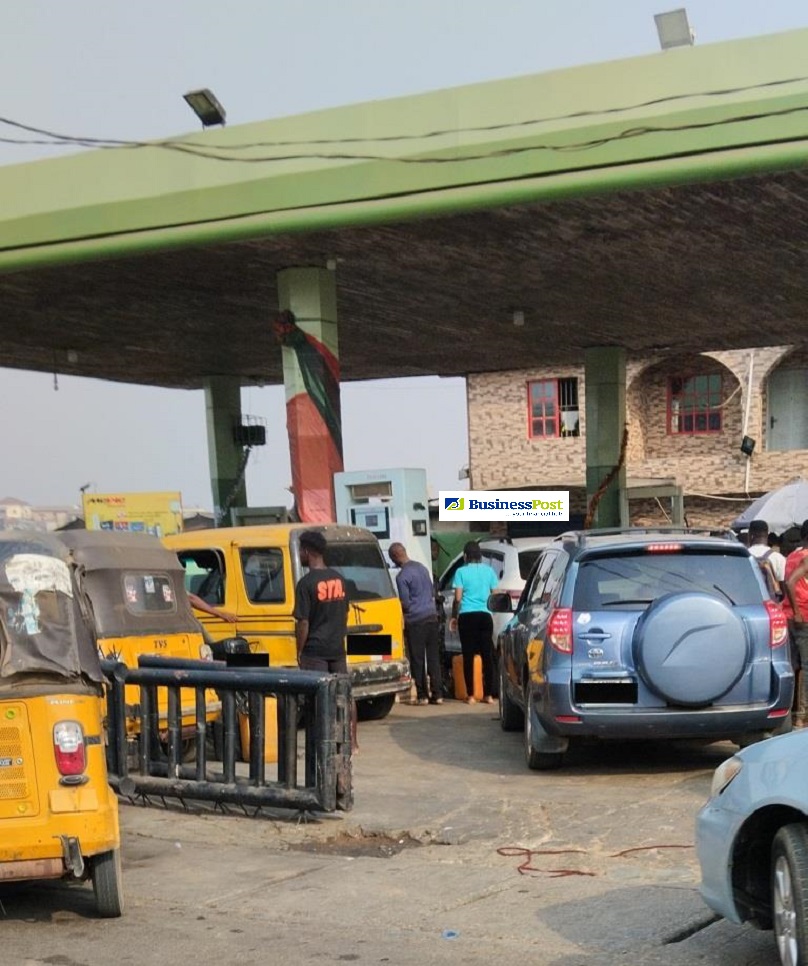What’s Happening?
Nigerians are frustrated with another fuel price increase. This comes after expecting relief from the Dangote Refinery.
A Delayed Solution?
The Dangote Refinery, the world’s largest, was meant to reduce imports and lower prices. However, logistical issues and production delays have postponed its impact. Meanwhile, removing subsidies has caused prices to soar.
Government Policies Under Scrutiny
President Tinubu’s “Renewed Hope” agenda promised to address economic challenges like high fuel costs. Yet, removing subsidies without boosting local refining capacity has caused a sharp price increase. This has led many to question the government’s commitment to its goals.
The Subsidy Debate: A Controversial Decision
Removing fuel subsidies aimed to save money for public projects and economic development. However, the timing and method have raised concerns. With inflation already high, many Nigerians are struggling.
Why the Delay?
Delays and production issues have postponed the refinery’s impact. Meanwhile, removing subsidies has left many feeling like they’re paying more without benefits.
A Way Forward
To address these challenges, the government should:
-
Boost Local Refining: Ensure the Dangote Refinery and other local refineries become fully operational.
-
Create a Fair Pricing System: Develop a clear and transparent system for setting fuel prices.
-
Support Affected Groups: Introduce measures to help those hit hardest by the price hike.
-
Invest in Renewable Energy: Reduce reliance on fossil fuels by investing in solar, wind, and hydroelectric power.
-
Engage with Stakeholders: Open dialogue with labor unions, civil society, and other groups to build support for reforms.
Conclusion
The fuel price increase is a test of the Tinubu administration’s leadership. To move forward, the government must act quickly, be transparent, and follow through on its promises.
